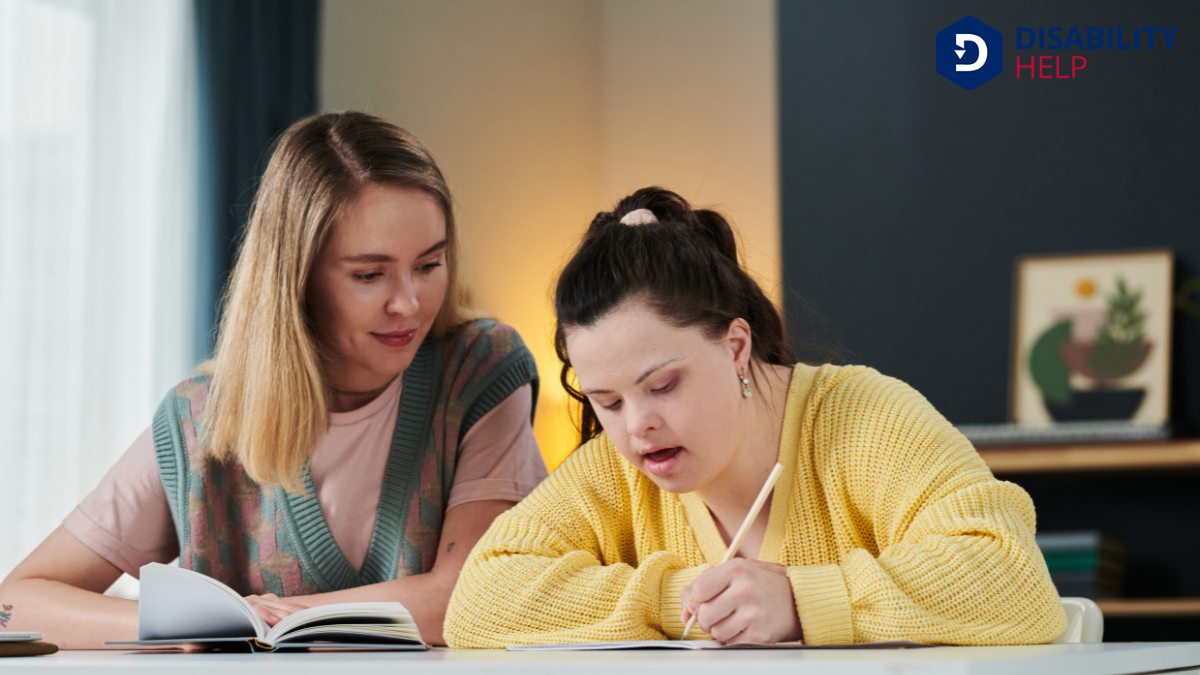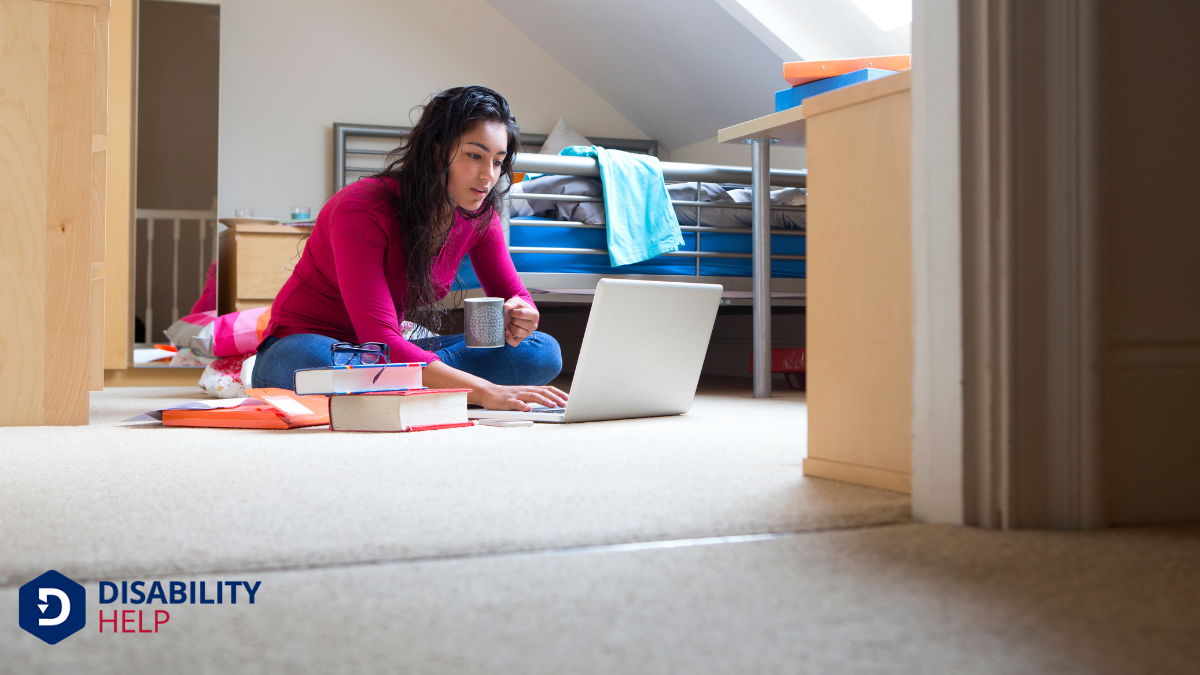When you're trying to verify a learning disabilityA disorder in one or more of the basic processes involved in understanding or using language, spoken..., it's important to know what documentation is needed. You might start with an extensive psychoeducational evaluation, which includes cognitive and academic assessments. Add insights from teacher observations and progress reports that highlight specific challenges. Don't forget about Individualized Education Plans (IEPs) and behavior assessments, as they offer a deeper understanding. Curious about what else is vital in confirming a learning disability?
Key Takeaways
- A comprehensive psychoeducational evaluation identifies learning strengths and weaknesses.
- Cognitive and intellectual assessments provide a cognitive profile to guide tailored interventions.
- Academic achievement testing highlights discrepancies between potential and actual performance.
- Behavior and emotional assessments explore emotional issues impacting learning.
- Documentation from educational professionals includes teacher observations and IEPs.
Comprehensive Psychoeducational Evaluation
When evaluating a learning disability, a thorough psychoeducational evaluation is essential for understanding an individual's unique needs and challenges.
You'll find that this evaluation involves a combination of tests and assessments tailored to identify learning strengths and weaknesses. It covers areas like academic achievement, processing speed, and memory. By gathering this information, you can pinpoint specific learning difficulties and devise effective interventions.
In the process, educational history and background information are gathered to provide context. This helps in understanding how an individual learns in different settings.
A detailed evaluation isn't just about identifying a disability; it's about offering insights that guide tailored teaching strategies and support. Remember, the goal is to create a supportive learning environment that fosters growth and success.
Cognitive and Intellectual Assessments

Although evaluating cognitive and intellectual abilities might seem intimidating, it's an essential step in diagnosing learning disabilities.
You'll find that these assessments measure how well you process information, solve problems, and understand various concepts. Tests like the Wechsler Intelligence Scale for Children (WISC) or the Woodcock-Johnson Tests of Cognitive Abilities help identify strengths and weaknesses in areas like memory, reasoning, and verbal comprehension.
By understanding these areas, you can gain insight into how a learning disability might impact daily life and educational performance. These assessments are typically conducted by a psychologist or trained professional.
They guarantee you receive the support you need by providing a thorough view of your cognitive profile, guiding interventions and accommodationsModifications or adjustments in healthcare settings to support patients with disabilities. tailored to your unique needs.
Academic Achievement Testing
Understanding your academic achievements is essential in diagnosing learning disabilities, as it highlights specific areas where you might struggle or excel.
Academic achievement testing evaluates your skills in subjects like reading, writing, and math, offering a clear picture of your strengths and weaknesses. These tests are designed to be thorough, giving educators and specialists detailed insights into your learning profile.
When you undergo academic achievement testing, they assess your performance against standard benchmarks. This process helps identify any discrepancies between your potential (often measured by cognitive assessments) and your actual performance.
Such insights are important for developing tailored educational plans to support your learning needs. By understanding these areas, you can receive the right assistance and accommodations to enhance your educational journey.
Behavior and Emotional Assessments
While academic achievement testing shines a light on your cognitive strengths and weaknesses, behavior and emotional assessments explore how your emotions and behavior impact learning.
These assessments identify emotional issues or behavioral patterns that might hinder your educational progress. They’re essential because your emotional well-being and behavior can greatly influence how well you absorb and process information.
Professionals use standardized tools to evaluate aspects like anxiety, attention, and social skills. You might be asked to complete questionnaires or participate in interviews, providing a clearer picture of your emotional landscape.
The goal is to understand how emotional challenges might intersect with learning difficulties. By identifying these factors, educators and specialists can tailor interventions that not only address academic needs but also support emotional growth.
Speech and Language Evaluation

Speech and language evaluations play an essential role in identifying communication barriers that might affect learning. If you're concerned about a learning disability, these evaluations can shed light on speech and language issues impacting education.
A speech-language pathologist will assess areas like articulation, fluency, and comprehension. They might use standardized tests, observe interactions, and review language samples to pinpoint specific difficulties.
The evaluation provides vital insights that help tailor educational strategies to your needs. Understanding specific language challenges can guide teachers to adaptA grassroots disability rights organization in the U.S. that focuses on promoting community-based se... their approaches, ensuring clearer communication and better engagement.
It's not just about diagnosing; it's about empowering you with the right support to succeed. So, if you're worried about communication hurdles, consider seeking a speech and language evaluation.
Medical and Developmental History
To effectively address learning disabilities, delving into your medical and developmental history is essential. This history offers insights into early life factors that may contribute to learning challenges.
Start by gathering records from prenatal to current health events, noting any medical conditions, medications, or hospitalizations that might impact learning.
Pay attention to developmental milestones, such as when you first walked or started speaking. Delays in these areas can provide clues about potential learning disabilities.
Include any assessments or interventions received during childhood, as they paint a picture of your developmental journey.
Documentation From Educational Professionals
Educational insights are essential when documenting learning disabilities. They provide a thorough view of your abilities and challenges. Teachers and educational professionals play an important role in identifying unique learning needs. Their observations and assessments can guide the documentation process effectively.
When gathering documentation from educational professionals, consider including:
- Teacher Observations: Notes on your classroom performance and behavior.
- Progress Reports: Detailed records of your academic progress over time.
- Standardized Test Results: Scores that highlight specific areas of difficulty.
- Individualized Education Plans (IEPs): Customized plans tailored to your learning needs.
These documents help paint a clear picture of your educational journey and learning challenges. They serve as valuable evidence when you’re seeking validation or support for a learning disability diagnosis.
Recommendations for Accommodations and Support

When seeking accommodations and support for learning disabilities, it’s vital to focus on strategies tailored to your specific needs.
Begin by consulting the documentation provided by educational professionals. This documentation should highlight your unique challenges and suggest practical accommodations. Consider requesting extended time on tests, note-taking assistance, or access to audiobooks if reading is difficult.
Communicate openly with educators and support staff about your needs. They can offer valuable insights and suggest additional resources, such as tutoring or workshops.
Don't hesitate to advocate for yourself; understanding your rights and options is paramount. Remember, the goal is to create an environment where you can succeed.
Conclusion
To verify a learning disability, you need to gather thorough documentation. Start with a psychoeducational evaluation that includes cognitive and academic assessments. Don't overlook behavior and emotional assessments, as they offer valuable insights. Speech and language evaluations, along with a detailed medical and developmental history, are also essential. Input from educational professionals strengthens your case, ensuring you capture all aspects. Finally, get recommendations for accommodations that will support and enhance the student's learning experience.






